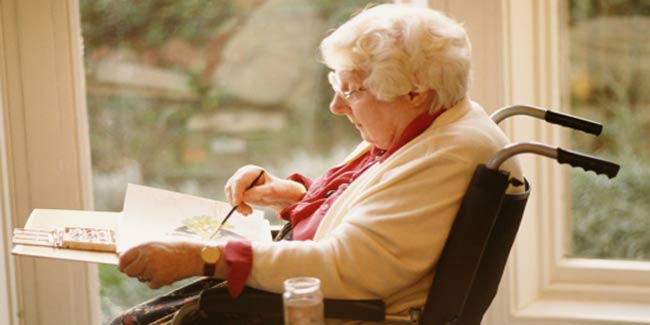
We have all heard or rather said it. We have in a fit of laughter called our beloved a “handicap” or “retard”. While this reference may have meant no harm when directed at someone without an obvious disability, it figuratively has thrown demeaning bombs on those who indeed have a disability. While the words may not have been received insensitively, it sure wasn’t fundamentally less hurtful.
Table of Content:-

Disability is a state of mind
As popularly propagated to perhaps shun the derogation that is often linked to disability, the adage “disability is a state of mind” does put things into perspective. Many of us have, in fact all of us have disabilities that limit us some way or another, but are invisible (read heart diseases, lung problems).
Essentially, we are all on the same road trip as any physically disabled person. The dictionary would suggest that a disabled person is someone whose movements are limited as a consequence of an impairment that could be cognitive, mental, physical, emotional, developmental, etc. Thus, we aren’t quite normal as we would think we are.
To understand disability, which obviously classifies as a broad term, we need to look at it from the government’s perspective. The government or the World Health Organization qualifies certain conditions as being sure indicators of disability. At the baseline, what matters is that we learn to identify disability as not a curse but a way of life because the human body is composed of perishable elements that only get worse as we age. Disability accounts for us all some way or another. So, let’s pledge to not use these terms for both physically disabled and people whose disability is not perceptible.
“What happened?”
While it is normal for some people to discuss their disabilities, for others, it is a very personal matter. Something as normal as “what happened?” may be received unnaturally, especially if it is put through within a first couple of hours that you meet him/her.
“Have faith and you will be alright”
It is not unnatural in our culture to associate an illness or condition with religion. Telling someone that he/she will be cured by a religion or some sort of medical breakthrough is insensitive.
“I personally don’t consider you as a disabled person.”
It can be debated whether this is a compliment or an insult, though most would agree that it comes off as degrading. Even if the one saying is trying to reassure that any disabled person is as normal as anybody else, it sure puts a bad light on the entire disability community. Are disabled persons supposed to be less smart or able?
Disability is not something that overshadows a person’s personality, it is something that reassures it.
Read more articles on healthy living.
Read Next
Soap Vs Sanitizer: What’s the best?
How we keep this article up to date:
We work with experts and keep a close eye on the latest in health and wellness. Whenever there is a new research or helpful information, we update our articles with accurate and useful advice.
Current Version
